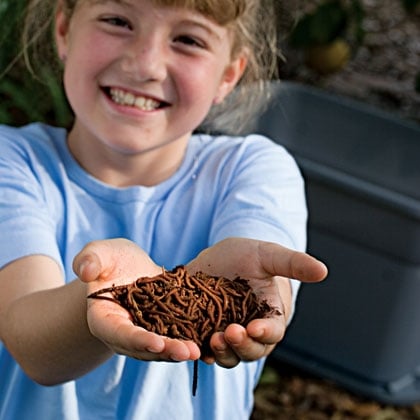 People are always looking for better ways to teach their kids responsibility. Sometimes, the most proven and effective answers are overlooked in favor of “new and improved” formulas.
People are always looking for better ways to teach their kids responsibility. Sometimes, the most proven and effective answers are overlooked in favor of “new and improved” formulas.
Schools and families throughout the world have relied on worm farms to give children experiences that will teach them management and personal accountability while earning money for things they want to buy – themselves!
Why A Worm Farm?
Starting a worm farm or worm composter is incredibly easy and requires only a little capitol. However, in order to get the results you want, a certain amount of time and care is required. This is where it really shinevs. The basic maintenance of a worm farm is so simple, most kids can streamline the entire process without much supervision.
Your assistance is most certainly needed in the beginning phases, but you’ll find that in a short amount of time, most kids will find a great deal of enjoyment managing a project of their very own. This is especially true when the start to see the benefits of their hard work!
Earning Money With A Worm Farm
After establishing a successful worm farm, you can begin exploring different ways to sell the worms. Your options include, but are not limited to:
- Worms are a high demand item for fishermen and can be sold at bait shops, wholesale or delivered directly to customers. Redworms are especially great for trout fishing! You can show up at fishing events and sell your worms like you would lemonade from a stand.
- Worms are valuable to farmers and organic gardeners who seek to enrich their soil via vermicomposting! You can sell both worms and worm compost (castings or compost tea) to neighbors or a local nursery.
- Worms make great pets! They cost very little to feed and they’re won’t get hair all over your furniture.
Whatever sales approach best suits you, make sure that you are packaging your product in an attractive manner. Use containers that have secure lids on them and, if transporting worms, be sure to poke small holes in them to allow enough air to circulate. You want to keep the soil fresh and the worms happy.
Consider a worm farm to teach kids responsibility. Most kids experience an explosion of curiosity with it because it’s hands-on, sustainable and downright fun. Try it out and let us know how it goes!
Image courtesy of www.spoonful.com
 People are always looking for better ways to teach their kids responsibility. Sometimes, the most proven and effective answers are overlooked in favor of “new and improved” formulas.
People are always looking for better ways to teach their kids responsibility. Sometimes, the most proven and effective answers are overlooked in favor of “new and improved” formulas.


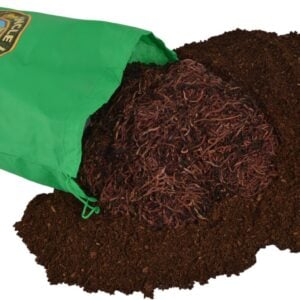
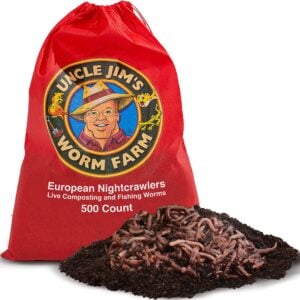
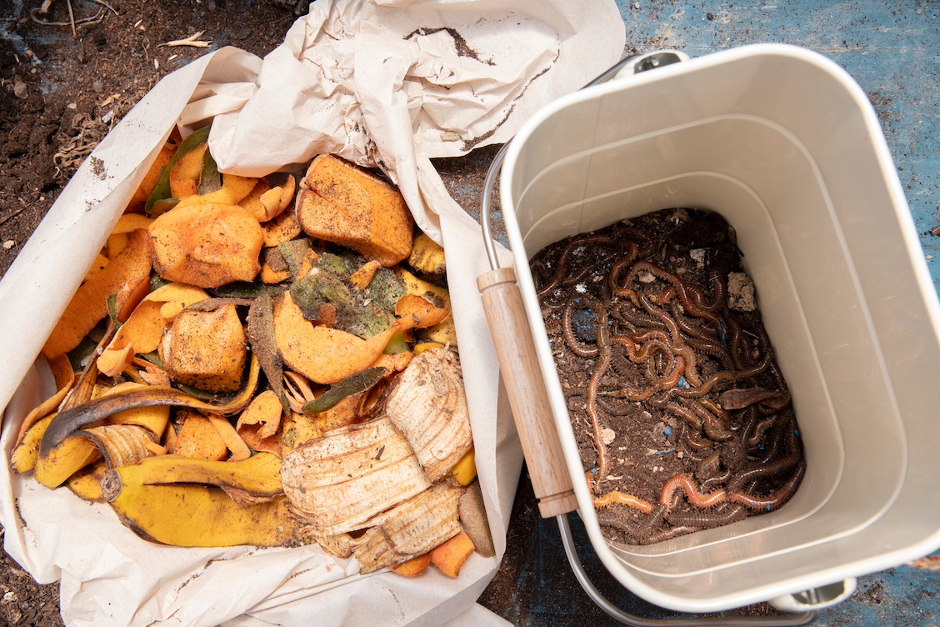
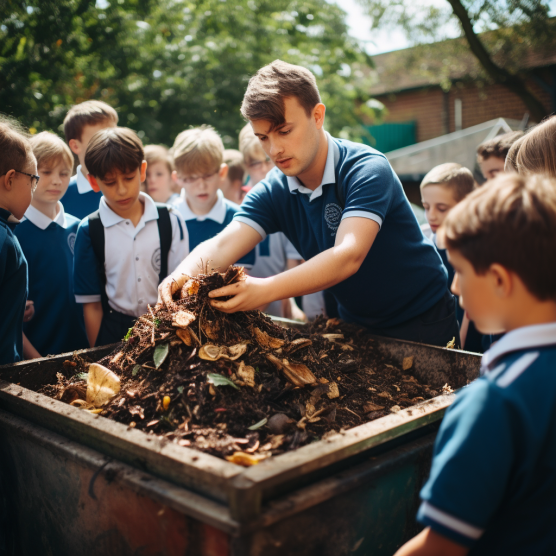
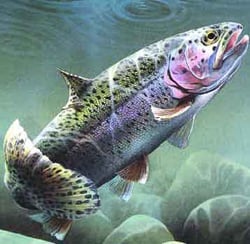

One thought on “Teaching Kids Responsibility With Worm Farms”
When transporting worms. put air holes in the container, not in the worm as stated in this article.